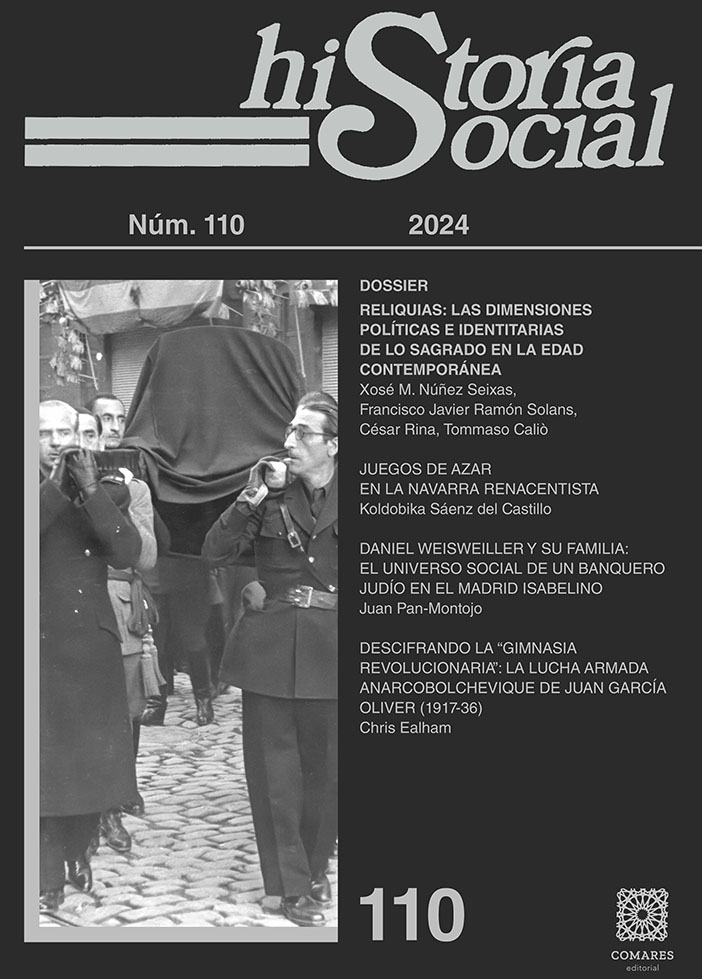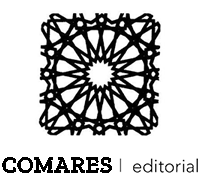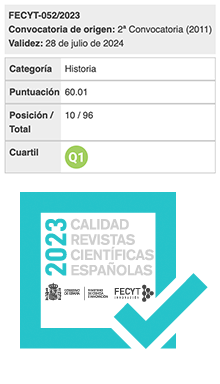Games of chance in Renaisance Navarre. A perspective from the casuistry, morales and jurisprudence of the time
DOI:
https://doi.org/10.70794/hs.110837Keywords:
Betting, leisure, gambling games, Renaissance, NavarreAbstract
Gambling has been an activity present in all societies and cultures throughout human history. In the blurred threshold that separated the Middle Ages from modernity, gambling games were a prominent form of popular entertainment that, despite being prohibited, seemed to enjoy widespread favour. However, this social phenomenon was seen as a problem that needed to be addressed, as it went against the moral convictions of the time. This paper will explore the role of betting and gambling in Renaissance Navarre society, analysing their underlying significance and the moral and religious repulsion they were capable of evoking.







